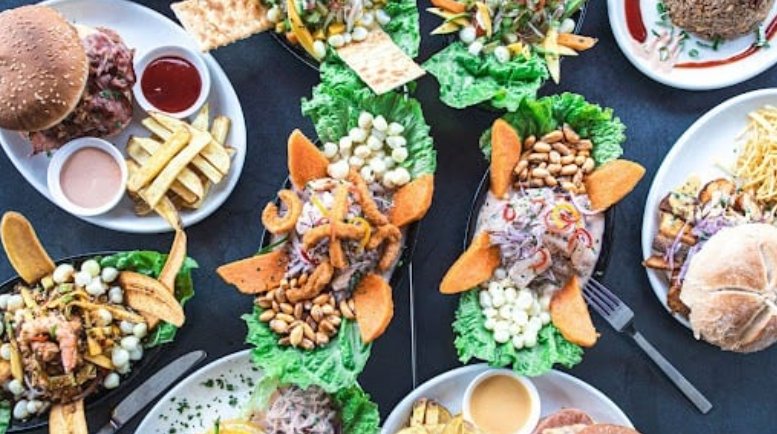We’ve all had those days. When the world seems a little too heavy, and we reach for something familiar, something that tastes like home. Yes, I’m talking about comfort food. But what really is comfort food? Is it just about the taste, or is there more to it?
Understanding Comfort Food
A closer look at comfort food brings an intricate understanding of its unique essence. Dishes that qualify as comfort foods generally trigger feelings of nostalgia, safety, and satisfaction. These dishes often have a personal touch and carry significant emotional value. For instance, a homemade apple pie might invoke childhood memories for one person, while a bowl of hearty chili might be another’s go-to comfort food.
Experts agree there’s no standard definition for comfort food—it varies globally and culturally. In America, comfort foods might include fried chicken, mashed potatoes, or macaroni and cheese. In contrast, in India, go-to comfort dishes might range from Biryani to Dal and rice.
To classify a dish as comfort food doesn’t depend on its ingredients or cooking style. Rather, it’s the emotional response these foods provoke. A key point of agreement among food experts lies in the emotional and psychological connection we have with comfort food. The sensation of satisfaction and wellbeing, however fleeting, are essential traits of comfort food.
Comfort food definition
Its essence isn’t primarily about the complexity of the recipe or the ingredients involved. Instead, comfort food, in its purest form, revolves around the emotional and psychological solace it provides. These particular dishes strike the perfect chord with our feelings of nostalgia, safety, satisfaction, and various emotional states, transcending the borders of mere culinary delight.
While the types of comfort food can vary across different cultures, a common thread that binds them all is the ‘comfort factor’, signifying food that provides warmth and relief. For example, macaroni and cheese in the United States and miso soup in Japan offer that unique emotional connection, inducing feelings of homeliness and tranquility. Similarly, the humble bowl of dal rice in India, like chicken soup in Jewish tradition, provides an equally soothing effect. This stark cultural diversity in comfort foods reflects the wide palette of personal and emotional experiences.
The connection we foster with comfort food often roots in our childhood or early life experiences, creating a deep-seated association with positive memories. A comforting dish could be something as simple as a homemade pie that grandma used to bake or even a certain brand of candy that triggers fond childhood memories.
Psychological Effects
Delving into the psychological effects of comfort food, it becomes clear that the comforting factor transcends the tastes or ingredients. A study by University College London reports participants experiencing reduced levels of loneliness after consuming their preferred comfort food, underscoring the psychological impact.
Looking at the brain’s response, comfort food often triggers the release of feel-good hormones like dopamine. Yale University researchers suggest that comfort food has an analgesic effect, numbing emotional pain and fostering a temporary sense of well-being. This effect, though transitory, illustrates the profound psychological ties we have to certain foods.
Turning attention to stress relief, comfort food acts as a potent stress-buster. It provides psychological relief, explained best by the “Oxford Handbook of Food Fermentations.” High calorie, carbohydrate-rich foods like pasta or bread stimulate serotonin production — our body’s natural stress-fighter.
Comfort Food in Different Cultures
Comfort food isn’t just about the taste. It’s a powerful emotional tool that’s deeply rooted in our childhood memories and has a profound impact on our psychological well-being. It’s fascinating to see how it can alleviate loneliness and stress while stimulating those feel-good hormones. But let’s not forget, it’s crucial to maintain a balanced diet and avoid overindulging. After all, we don’t want our comfort to morph into an unhealthy habit. As we navigate through life’s ups and downs, comfort food remains a constant companion, a taste of the familiar in an ever-changing world.

